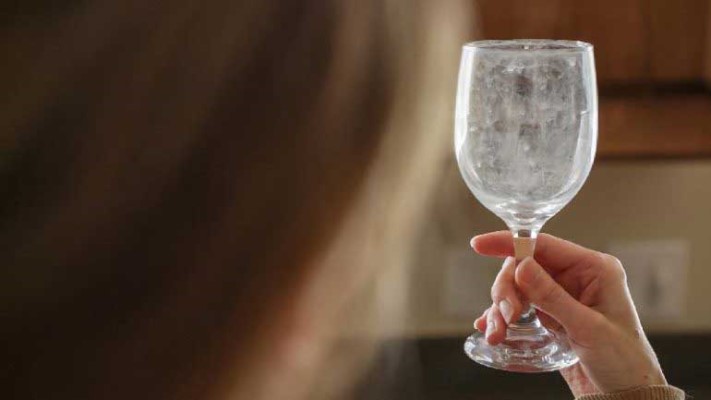If you’re looking for tips on how to prevent cloudy glassware after dishwashing, keep reading. You’ll find tips on Hand-washing delicate glassware, using a vinegar rinse aid, and increasing the temperature of the water. And if all else fails, you can always try hand-washing your glassware. However, you should be aware that the results may not be ideal.
Contents
Hand-washing delicate glassware
Dishwashers tend to leave their delicate glassware looking hazy and cloudy after each use. Keeping this in mind, hand-washing your glassware is essential to avoid cloudy glassware. You should use a mild soap and gentle pressure to gently wash and dry your glassware. If you’re unsure of how to properly wash your glassware, you can try one of these tips.
One of the easiest ways to prevent cloudy glassware after dishwashing is to use white distilled vinegar. Vinegar helps to remove mineral deposits from glassware, which makes it appear foggy. You can rub it on the glass with your hands, or soak it in hot water and vinegar. The white distilled vinegar will evaporate completely, leaving behind no residue or offensive smell.
While hand-washing your delicate glassware isn’t as effective as hand-washing, this method is still effective. This method is effective for removing haze after dishwashing, as the detergent will not be able to thoroughly clean the item. For example, if your dishwasher is overloaded, it will not run the rinse cycle properly, leaving your glassware with cloudy residue.
Using a pre-measured dishwasher detergent
If you’ve noticed that your glassware is starting to get cloudy after washing, you should consider switching to a pre-measured detergent. Some brands of detergent will cause cloudiness in certain dishes, but using a different brand will have fewer effects on your glassware. If you find that your dishes are becoming cloudy, you may want to try a different detergent, which has lower pH and no phosphates.
Different types of dishwasher detergent will leave varying amounts of etching on your glassware, depending on the kind of water you have. Try experimenting with different amounts of detergent to see which one doesn’t leave a cloudy finish. Some types of detergent will cause more etching than others, so experiment with different amounts to find what works best for your water.
Using a vinegar rinse aid
Using a vinegar rinse aid to prevent fogginess after dishwashing is a simple solution to a common problem. This acid helps to remove milky film deposits left behind by hard water. While vinegar itself can’t remove mineral deposits, it can help to prevent them altogether. The hardness of your water may be determined by your local water supplier, but there are some measures you can take to make it less of a problem.
One way to avoid a cloudy glass after dishwashing is to use less detergent. If you have soft water, then you need less soap, and if you have hard water, you need more soap. If you’re not sure what the problem is, you can experiment with different amounts of detergent or even hire a professional to test it for you. You might want to try using a different detergent as some are more likely to cause cloudy glasses. Try a milder detergent with lower pH and no phosphates, to see if the problem is resolved.
Increasing water temperature
Adding an extra rinse aid to your dishwasher is not enough to prevent cloudy glassware after dishwashing. You must also increase the water temperature of your dishwasher. If you are using a well-water or hard water system, mineral deposits can build up and leave a film on glassware after dishwashing. If you have the same problem, you should consider installing a water softener, such as Jet Dry, or using vinegar to remove the deposits.
Another problem that can result in cloudy glassware after dishwashing is hard water deposits. While you can simply add more detergent to the dishwasher, you need to act quickly. Leaving the glassware unwashed will only exacerbate the problem. To determine which type of hard water is causing the problem, you should scrape the surface of the glassware with a sharp object. If the scratch is visible, it indicates that a film is present. If the scratch is small and reversible, you should add a little vinegar to the water in the dishwasher to remove the deposits.

